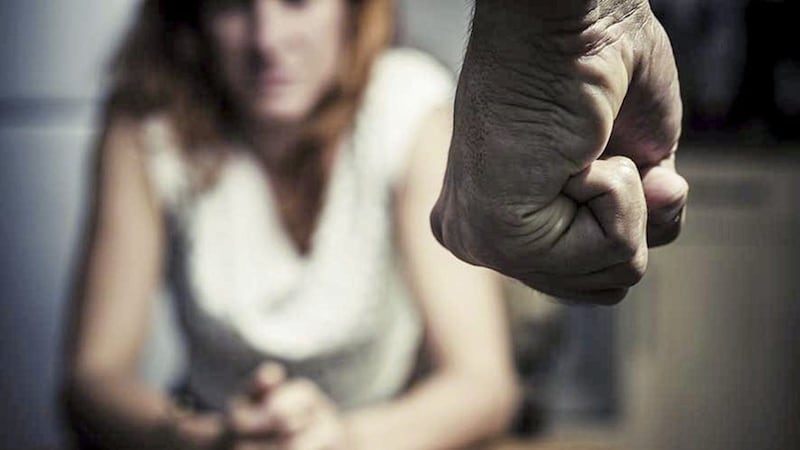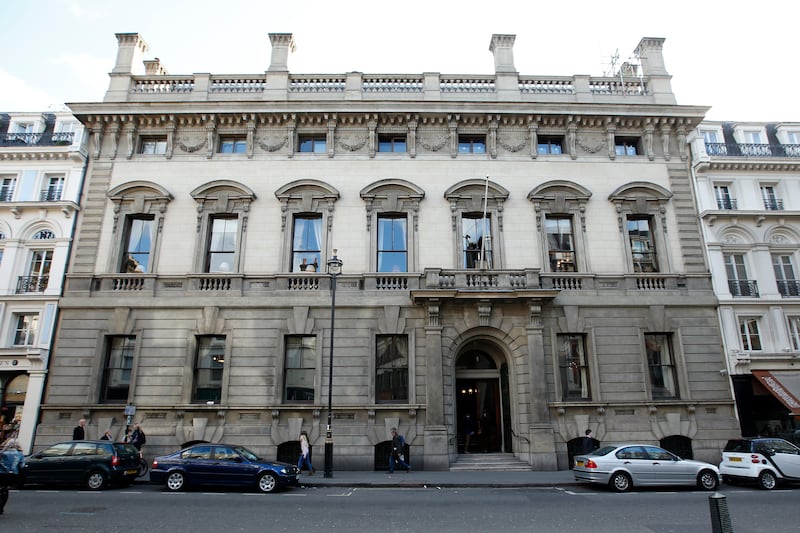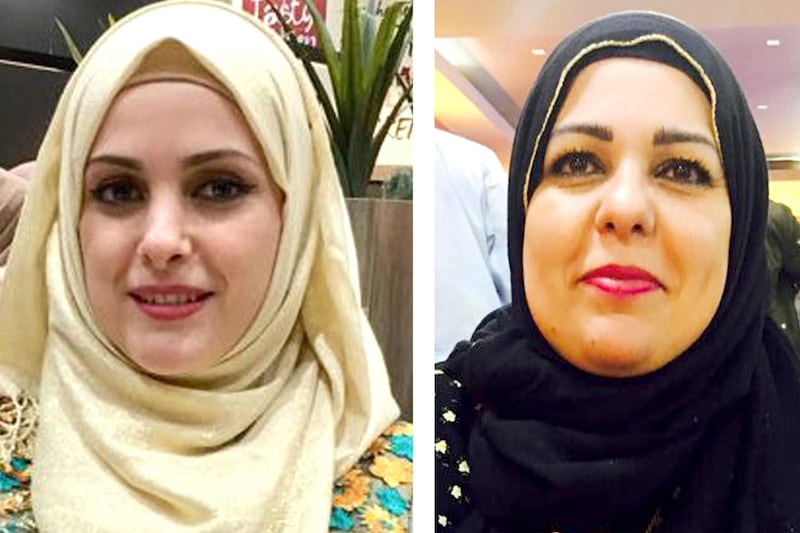DOMESTIC abuse in Northern Ireland has risen to its highest levels in over 10 years, new figures show.
Last year there were over 28,000 domestic abuse incidents reported to police and over 14,000 domestic abuse crimes, while officers were called to an incident every 19 minutes according to the latest report released by the PSNI.
The shocking figures have prompted calls for action to be taken to end abuse against men and women. Today is International Day for the Elimination of Violence against Women.
The information from the PSNI shows that domestic abuse incidents and crimes have increased steadily over the past decade, with a 50 per cent rise.
The domestic abuse crime figures for the 12 months up to September (14,138) are the highest level recorded since 2004/05.
The Northern Ireland Human Rights Commission said it should not be overlooked that the majority of victims of domestic violence are women and that domestic violence against them is "part of a wider pattern of discrimination and inequality”.
Chief Commissioner Les Allamby said: “Violence against women includes stalking, sexual harassment, sexual violence (including rape), physical, and psychological abuse at the hands of intimate partners, forced marriage, and forced sterilisation. These are all are deeply traumatising acts of violence and we should always seek to do more to ensure our protections reach the highest level of human rights standards. We are therefore calling on the UK Government and the Northern Ireland Executive to ratify the Istanbul Convention so that it can be implemented into domestic law, policy, and practice."
Women's Aid Federation Northern Ireland said violence against women is a "global social crisis" which must be solved.
According to the charity last year alone in Northern Ireland, over 1,200 women and children stayed in Women’s Aid refuges because their own homes weren’t safe, and over 6,000 women were supported through their outreach services.
"These are not just ‘women’s issues’, they are everyone’s problem. We should all be outraged that women in our society suffer rape, sexual violence, female genital mutilation, so called-honour based violence, human trafficking and domestic violence," a charity spokesman said.
"We need you, the public, to do your part. You can join the fight against gender-based violence by calling out victim-blaming or rape jokes. You could call the police instead of turning a blind eye if you see violence against women. You could carry the number of the 24 Hour Domestic and Sexual Violence Helpline with you, in case someone you know ever needs it. And if someone tells you that they have been raped or suffered domestic violence, listen to them and tell them you believe them," he added.
International End Violence Against Women Day marks the beginning of 16 days of activism on violence against women and girls.
Women’s Aid will be holding awareness raising events across Northern Ireland, including a White Ribbon event in Stormont on Tuesday November 29 and a slide show on the Big Screen at Belfast City Hall tonight and tomorrow.








